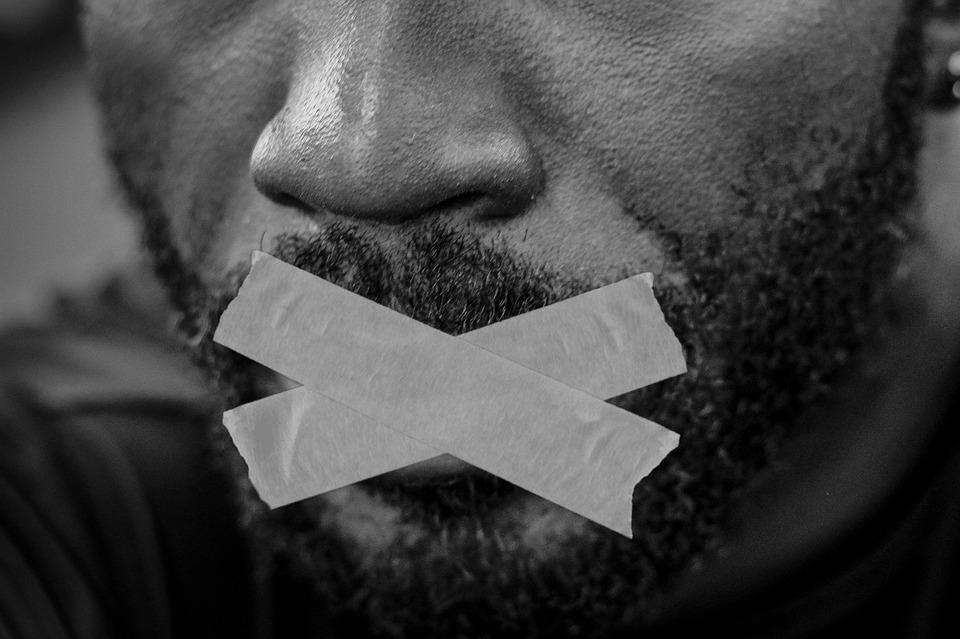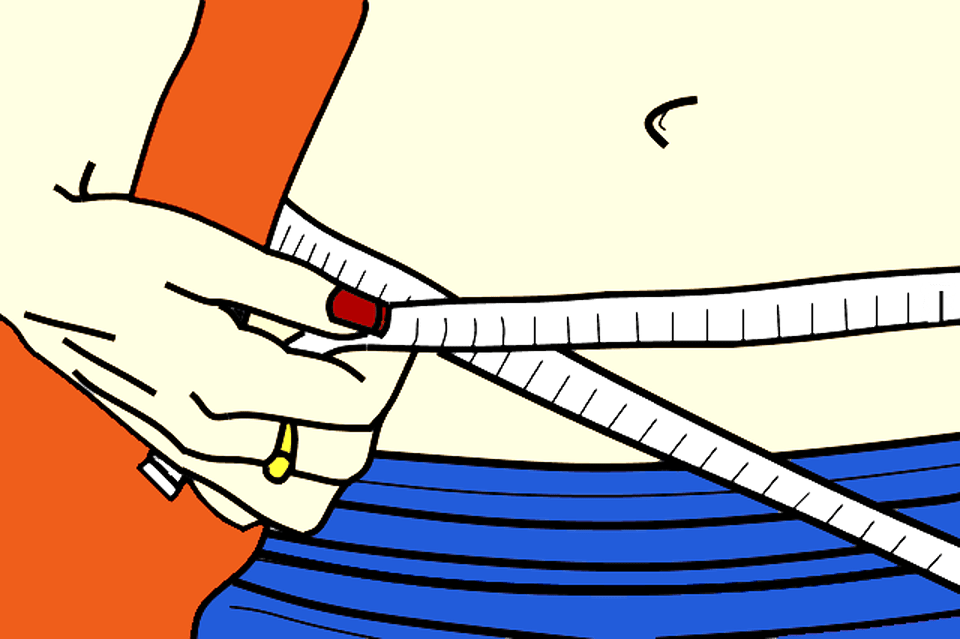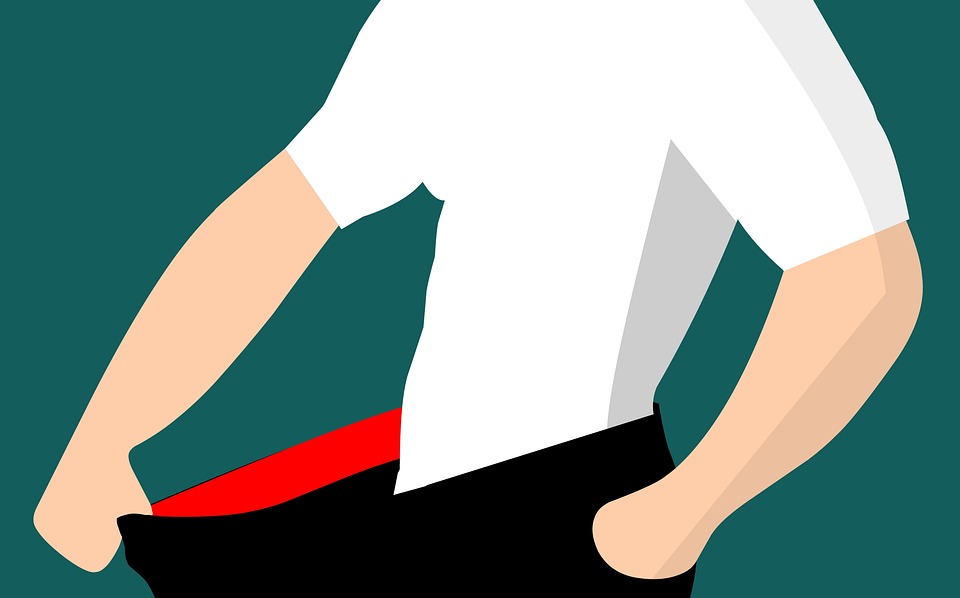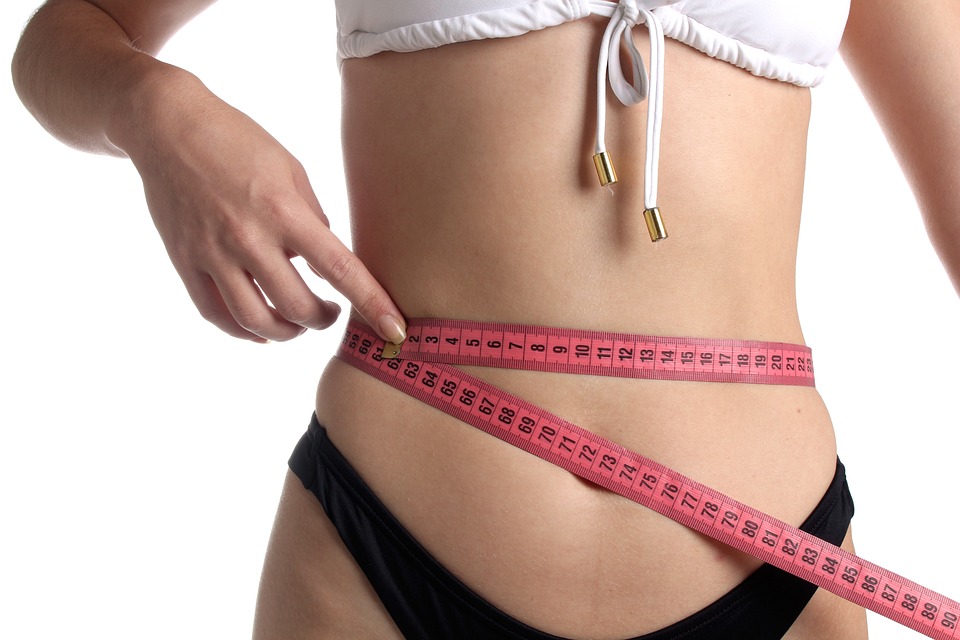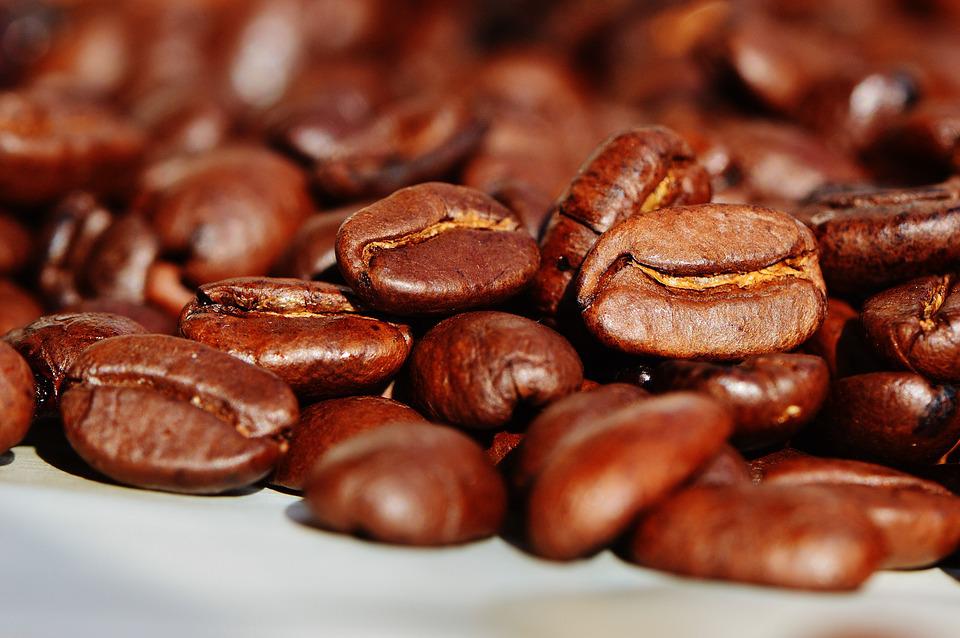
Whether you like your coffee hot or iced, flavored or black, there’s a type of coffee out there for everyone. Coffee fans know that it’s essential, whether you need the extra pep or you just like the daily ritual. If you’re trying to lose weight, though, it might not fit into your daily calorie intake, especially if you like it sweet and creamy. Diets often do make room for coffee, though, so you might be wondering if it helps with weight loss or if it causes weight gain.
TBH, even the scientific community doesn’t have a definitive answer on this. “Preliminary research suggests there may be a connection between coffee intake and weight loss, [but] I wouldn’t recommend increasing your coffee or caffeine intake based on this—or starting a caffeine habit if you don’t already have one,” says Amy Gorin, RDN, a plant-forward registered dietitian nutritionist in the New York City area.
It is usually okay to drink one cup of coffee in the morning, but if you have a heart condition or are concerned about your blood pressure, you should be careful about how much caffeine you consume, since it can increase your blood pressure, according to Monica L Capille, RD, LDN.
What is the main idea of the text? The main idea of the text is that there is a lot of information out there that can help people understand how coffee fits into a healthy lifestyle.
Does drinking coffee help you lose weight?
Whether coffee affects weight loss is still up for debate. Some studies support the idea that coffee helps with weight loss, but more research still needs to be done to confirm this. Additionally, there is no evidence that coffee can help to target fat in specific areas of the body.
Research that points to coffee aiding weight loss:
- Caffeine may stimulate brown adipose tissue, or the fat in your body that burns calories, per a 2019 study in Scientific Reports. Essentially, researchers discovered that drinking one cup of coffee increases your metabolic rate to the point that brown adipose tissue activity occurs, leading to fat burning and weight loss.
- People who drank four cups of caffeinated coffee per day saw a four percent decrease in body fat, according to 2020 research by Harvard researchers that was published in the American Journal of Clinical Nutrition. The study’s authors suspect this is because drinking coffee raises a person’s metabolic rate, which means more calories burned.
- Caffeinated mate tea extract was found to reduce the incidence of weight gain and body fat accumulation in a 2020 study on rats in the Journal of Functional Foods. The same results weren’t seen with decaffeinated extract, suggesting it’s the caffeine in mate, at least, that promotes weight loss. But remember, you’re not a rat! The findings in humans could be different.
Can drinking coffee make you gain weight?
There is some recent research which suggests there may be negative consequences to drinking coffee. It is unclear if these consequences cancel out the positive effects of coffee or not.
Research that points to coffee hindering weight loss:
- Drinking higher amounts of caffeinated beverages, like coffee, is associated with an increase in body mass index (BMI). A 2021 study in the Food & Function journal followed 661 college students and found that those who consumed more caffeinated drinks usually slept worse—more on that in a sec—and had a higher BMI.
- Drinking caffeinated coffee has been linked to an increase in sugar cravings, meaning that your a.m. cup could be setting you up for making bad snack choices later on in your day (and preventing you from losing weight). On the other hand, a 2017 study in the Journal of Food Science showed that drinking a cup of caffeinated coffee messed with people’s taste buds, particularly their interpretation of sweetness. You may end up consuming sweeter and sweeter foods or drinks (a.k.a. more calories and carbs) because of this.
- Drinking coffee even six hours before bedtime can cause sleep disturbances, per a 2013 study in the Journal of Clinical Sleep Medicine. This has a broader impact than just making you extra sleepy: Poor or insufficient sleep has been repeatedly linked to weight gain.
In summary, there is no real evidence to suggest that coffee has any significant impact on weight loss or weight gain. Therefore, if you like drinking coffee, you can continue to do so without worrying that it will affect your health goals.
Gorin suggests that 400 milligrams of caffeine per day is a safe amount to consume, which is about five cups of coffee. Other sources of caffeine, such as green tea, also contribute to this daily intake.
What is the Coffee Diet?
The “coffee diet” is a phrase that refers to the following eating plan created by Bob Arnot, MD. The basic tenets of the coffee diet include:
- Drinking at least 3 cups of black coffee daily for fat burning
- Eating 1,500 calories or less
- Choosing a healthy diet of vegetables, lean proteins, unrefined grains, and unprocessed foods
Dr. Arnot suggests that this diet, which includes eating and drinking coffee, will help burn fat and lose weight. Although many people say it works for them, there is no definitive proof yet of how well the coffee diet actually works.
What coffee is best for weight loss? Light roast coffee may help dieters lose body weight faster. Lighter coffee roasts, such as a gold roast, have a higher level of antioxidants and a less bitter taste, making it easier for coffee drinkers to consume without sweeteners.
The coffee diet may not be sustainable due to the restricted level of calories, but black coffee is known to help burn fat.
Whether or not you follow Arnot’s “coffee diet,” there is plenty of evidence that drinking coffee as part of a healthy eating plan and active lifestyle can support a healthy weight.
How coffee can aid weight loss
Many health experts have found that coffee can be beneficial for weight loss due to its various properties. In the past, coffee was thought to be harmful, but we now know that it can actually be good for you.
According to the FDA, you can consume up to 400 mg of caffeine per day without experiencing any unfortunate side effects. That equates to approximately 4 cups of coffee. If you drink more than this amount, you may start to experience negative side effects, or even caffeine withdrawals.
How many cups of coffee should you drink to lose weight? The recommended amount is 3-4 cups of black coffee a day. This habit may help to burn body fat faster and suppress hunger. however, more than 4 cups of coffee exceed the recommended FDA guidelines for caffeine.
Your favorite beverage can help you lose weight by boosting your metabolism and energy levels.
What are the health benefits of drinking coffee? Regularly ingesting black coffee:
- Promotes fat burn
- Suppresses appetite
- Provides antioxidants
- Increases fasting benefits
The benefits mentioned are attributable to caffeine, so coffee with caffeine is what you should drink if you’re trying to lose weight.
In other words, coffee by itself will not help you lose weight, but it can be part of a healthy diet.
Promotes fat burn
Coffee may help toburn fat byincreasing the body’s metabolism and giving you more energy to be active.
If you drink coffee, your metabolism will increase. This may lead to burning more calories, even when you’re not active.
Suppresses appetite
Most people’s eating habits change when trying to lose weight and coffee can help with that because it suppresses appetite.
Studies have shown that coffee can help reduce hunger by delaying stomach emptying and regulating hormones that signal hunger. In other words, coffee can help you feel full for a longer period of time.
Provides antioxidants
Polyphenols, which are plentiful in both coffee and green tea, have been proven to not only fight disease but also promote weight loss.
Polyphenols found in light roast coffees can help promote healthy bacteria in your gut, leading to weight loss.
Lighter roasts have more chlorogenic acid, which is an antioxidant that could reduce your body’s carb absorption and lower blood sugar.
However, coffee beans that have been roasted for a longer period of time have often lost some of their caffeine content and antioxidants.
Increases fasting benefits
Research shows that intermittent fasting with black coffee can help you be successful.
Research has shown that coffee may amplify the benefits of intermittent fasting, including reducing inflammation and boosting disease resistance. For people following a ketogenic diet, coffee can also help maintain ketosis.
The combined effects of fasting and coffee may help you lose weight more quickly.
Black coffee vs other coffee drinks for shedding pounds
Some coffee drinks are not good for people who are trying to lose weight.
Coffee shop drinks like sugary lattes, mochas, and Starbucks Frappuccinos are not known for their weight loss properties. Many pre-sweetened drinks or flavored creamers come with their own added calories.
To lose weight, drink your coffee black.
If you’re not a fan of the bitter taste of traditional dark roast coffee, you might prefer a smoother, nuttier Original Gold Coffee.
Black coffee is also a low-calorie drink, making it a great option for weight loss. Several studies have shown that drinking black coffee can help with weight loss by increasing fat burn, decreasing hunger levels, and improving performance during workouts. Black coffee is also a low-calorie drink, making it a great option for weight loss.
When should you drink coffee to lose weight?
It’s best to drink coffee in the morning so it doesn’t affect your sleep later on.
When you consume coffee with breakfast, you are providing your cells with the food they need to create energy. According to Capille, if you skip breakfast, your cells will instead turn to your fat cells and muscle cells for sustenance.
If you want to lose fat but not muscle, Capille says to drink your coffee with a protein-packed breakfast including whole grains and healthy fat, and to add fruits and vegetables.
If you are on an intermittent fasting schedule that has you skipping the first meal of the day, you can still have coffee, according to Capille. Just make sure that the first meal you eat is balanced with everything your body needs.
What can you put in your coffee to lose weight?
According to Capille, overdoing it on the cream and sugar in your coffee can actually cancel out its health benefits, like reducing inflammation and protecting against cell damage. So, if you’re trying to lose weight, it’s better to go for a sugar-free option.
The type of coffee does not matter for weight loss, decaffeinated and regular have the same nutrients. Every cup contains beneficial niacin, potassium, magnesium, and antioxidants. Black and sweetened coffee are both fine, as long as the add-ons are kept to a minimum.
Check with your doctor
Not everyone should be using coffee for weight management. Leading health experts recommend that individuals with the following conditions consult with a doctor first:
- Overactive bladder
- Glaucoma
- Sleep disorders
- ADHD
- IBS
Although coffee is often included in weight loss programs, it can actually make some underlying health conditions worse. If you’re trying to lose weight, speak to a healthcare professional about the best plan for you.
Coffee is not recommended for weight loss for women who are pregnant or breastfeeding.
There is a current trend of taking green coffee bean extract to lose weight, however there are potential health interactions which mean you shouldn’t take this supplement without medical supervision.


